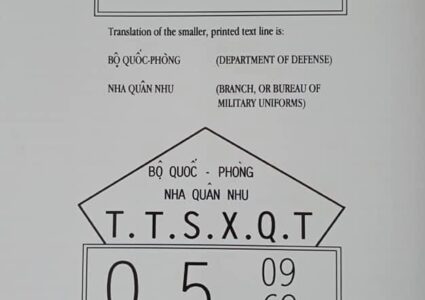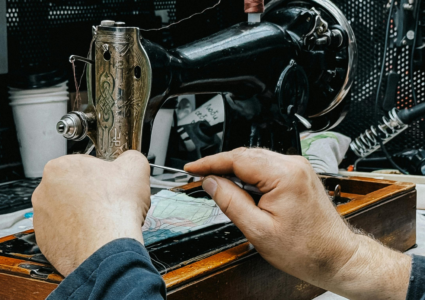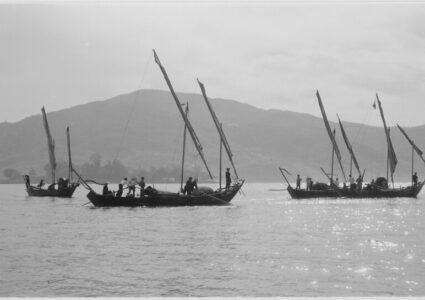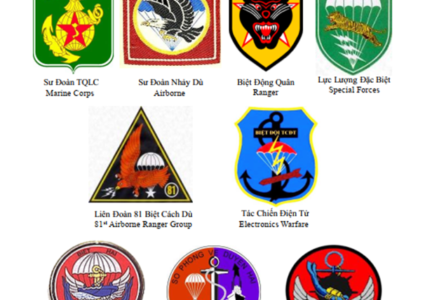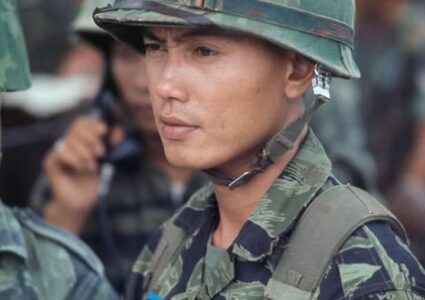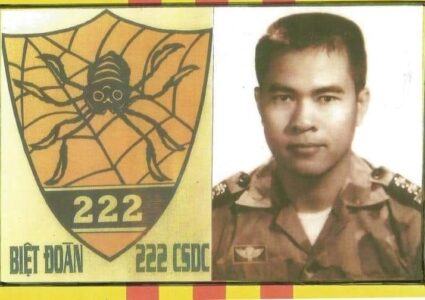Military Police of the Republic of Vietnam
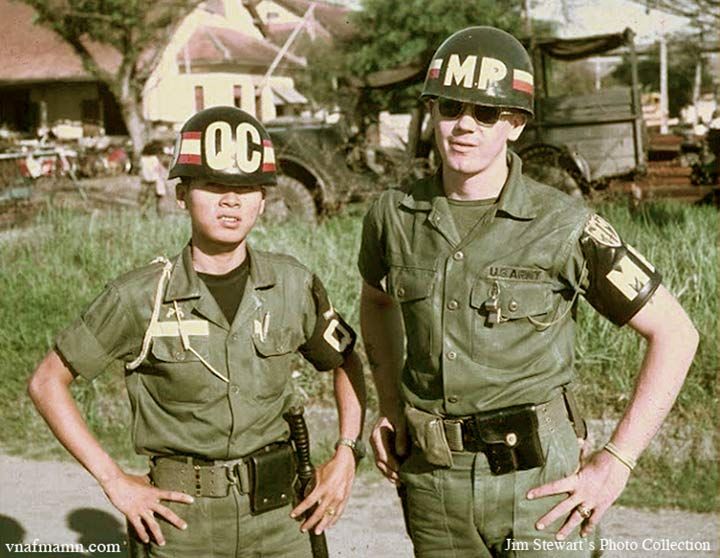
Military Police of the Republic of Vietnam

Military Police (1959-1975), is a military branch directly under the General Staff of the Army of the Republic of Vietnam. This army was established to carry out and enforce the military law of the Army, maintaining military discipline in the Army of the Republic of Vietnam.
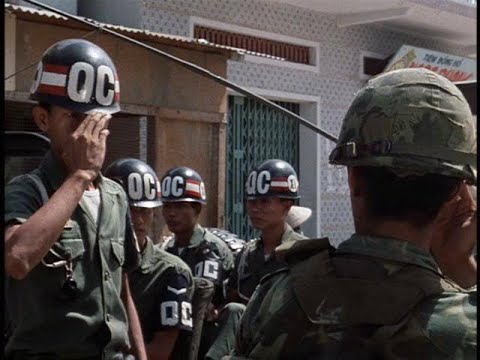
Brief History of Formation:
The Military Police is a transformation of the Military Police formed from the period of the French Union Army to the period of the National Army. Officially established in 1959 under the First Republic of President Ngo Dinh Diem’s administration.
The organization of the Military Police includes:
A- Military Police Operations
B- Judicial Military Police (also known as Gendarmerie)
Duties of Military Police Operations
1- Maintain military discipline in the Army:
Enforce discipline and adjust behavior for military personnel from officers to soldiers in all units from the rear to the front line in the Army of the Republic of Vietnam, and coordinate with Military Police units of military branches such as: Air Force, Navy, Airborne, Marine Corps, Ranger. Military Schools and National Training Centers to enforce Military Law (These Military Services and Military Schools have their own Military Police units).
2- Escort and guide the circulation of military convoys:
Troop movement, logistics and other public services, etc.
3- Operate Military Police stations.
4- Operate prisoner of war camps.
Large prisons such as Chi Hoa, Con Dao, Phu Quoc. In addition, there are small detention camps in Military Regions, etc.
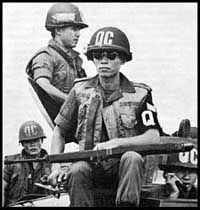
5- Operate a military camp.
Military troops of 4 Military Regions: Da Nang (District 1), Nha Trang (District 2), Go Vap (District 3), Can Tho (District 4). Detention camps: Nguyen Van Sam Camp (Gia Dinh), Town Military Affairs (Saigon), Military Town in Special Zones, Special Zones and detention camps in Military Regions, Sub-Regions, Sub-Regions nationwide . Transition camps for returning soldiers are located in 4 Central Administration Units of 4 Military Regions.
6- Escort military personnel who have committed crimes, deserters or disciplinary violations to the Military Prison, the Military Front Court and transfer them to prison after these individuals have served their sentences.
7- Escort prisoners of war from the front lines to the rear and to prison camps.
8- Protect the security of Army facilities.
Duties of Military Judicial Police:
1- Investigate and handle violations of military law.
2- Support the Front Military Courts.
Including the Central Front Courts (Saigon), the Front Courts of 4 Military Regions. There are also mobile front courts nationwide.
3- Assist the Military Department. Establish records of illegal cases.
4- Operate Military Police and Judicial units.
In the early 1960s, the National Gendarmerie was led by Major Le Nguyen Phu (later Colonel, Deputy Director of the Department of Military Law). The headquarters is located on Gia Long Street, in front of the Ministry of National Defense. When ordered to disperse, some Gendarmerie personnel transferred to the Military Police, some transferred to the National Police General Department.
In 1974, a number of Military Police units were assigned to combat units to form the 8th Ranger Group.
On April 30, 1975, like all units in the Armed Forces, when they heard President Duong Van Minh order to lay down their weapons and stop fighting, they automatically disbanded and disbanded.
https://vi.wikipedia.org/wiki/Military_police_of_Vietnam_Republic_of_Hoa
Military Police for the Military Branches of the Army.
Therefore, when the hat has the number:
QC 201 = Naval Military Police.
QC 202 = Marine Military Police
QC 203 = Air Force Military Police.
QC 204 = Paratrooper Military Police
QC 301 = Thu Duc Military Police School
QC 302 = Military Police guarding the General Staff
QC 303 = Military Police guard Dong-De High School.
QC 304 = Military Police guarding Da Lat Command School.
QC 305 = Duc My Ranger Training Center.


